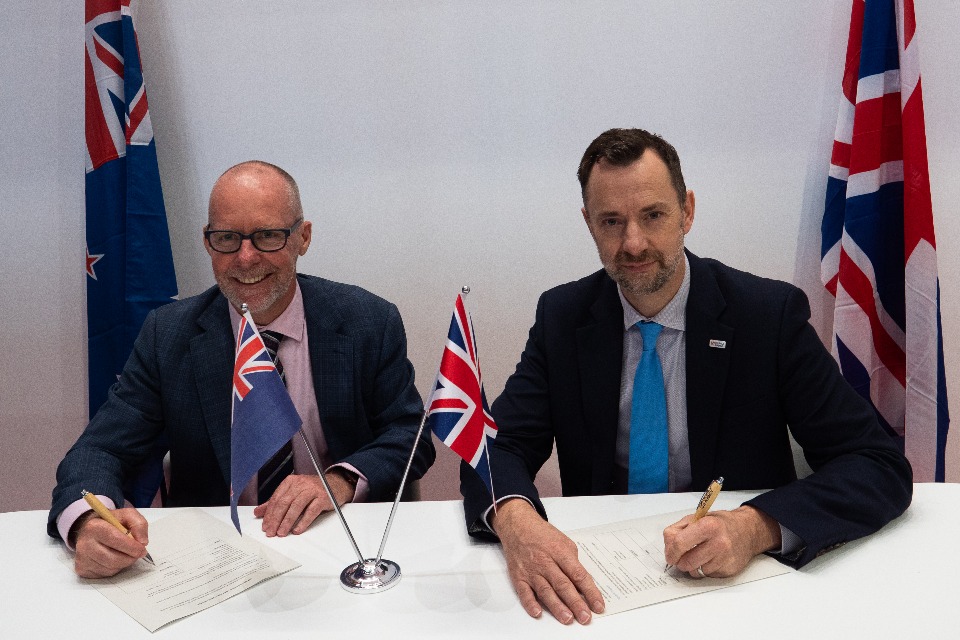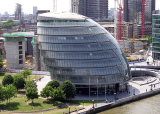
The UK and New Zealand space agencies have signed an agreement to establish a framework for the removal and servicing of operational satellites that are in close proximity or in contact with
one another. This blueprint was formalized during the International Astronautical Congress in Milan and is aimed at supporting missions in the rapidly expanding sectors of in-orbit servicing, space debris removal, and satellite refueling—collectively known as "rendezvous and proximity" operations.
As modern society becomes increasingly dependent on satellite technology, Earth's orbits are becoming more congested. There is an urgent need for innovative solutions to remove space debris and extend the operational life of satellites. However, these missions, which involve bringing spacecraft into close quarters, present complex challenges regarding the application of international rules and regulations, particularly when missions involve multiple nations.
The UK and New Zealand collaboration seeks to address these challenges by reducing legal, policy, and regulatory uncertainties surrounding multistate proximity and rendezvous missions. The agreement aims to demonstrate how international cooperation can enhance space sustainability for future generations. It sets out principles for managing liability between the states involved in various mission stages, based on the framework of the 1972 Convention on International Liability for Damage Caused by Space Objects (the "Liability Convention"), and covers issues like licensing and information sharing.
Given that the Liability Convention was established when government-led missions dominated space activity, the UK and New Zealand hope their work will make it easier for private industry to conduct these essential missions, aligning with the needs of the current commercial space age.
Iain Cossar, Head of the New Zealand Space Agency, and Dr. Paul Bate, Chief Executive of the UK Space Agency, signed the arrangement at the 2024 International Astronautical Congress in Milan.
Dr Paul Bate, Chief Executive of the UK Space Agency said: «As space leaders from across the world gather in Milan this week, we’re pleased to agree with our partners in New Zealand a world-first arrangement to help ease the way for future missions that can help keep space sustainable.
In-orbit servicing and manufacturing and space debris removal are high-growth areas for the global space sector, and we hope our work with New Zealand can act as a blueprint for other nations to follow and benefit from».
Iain Cossar, Head of the New Zealand Space Agency said: «We place a lot of importance on space sustainability in New Zealand, and this agreement with the UK demonstrates our commitment to ensuring our space environment is safe and sustainable.
The arrangement outlines how we will cooperate on active debris removal and in-orbit servicing missions.
The principles and guidance we have developed could apply more broadly to other states, and like the UK, we hope this work can serve as a blueprint to enable these important activities internationally as we look to address the challenges posed by orbital debris».
New Zealand hosts the world’s first private spaceport, which has completed 49 launches to date. The UK is set to conduct its first vertical orbital launches from spaceports in Scotland in 2025, following a horizontal launch attempt from Spaceport Cornwall in 2023.
Independent research from 2022 estimates the global market for in-orbit services and manufacturing at $14.3 billion, with the UKspace trade association projecting a £2.7 billion opportunity for the UK alone.









































